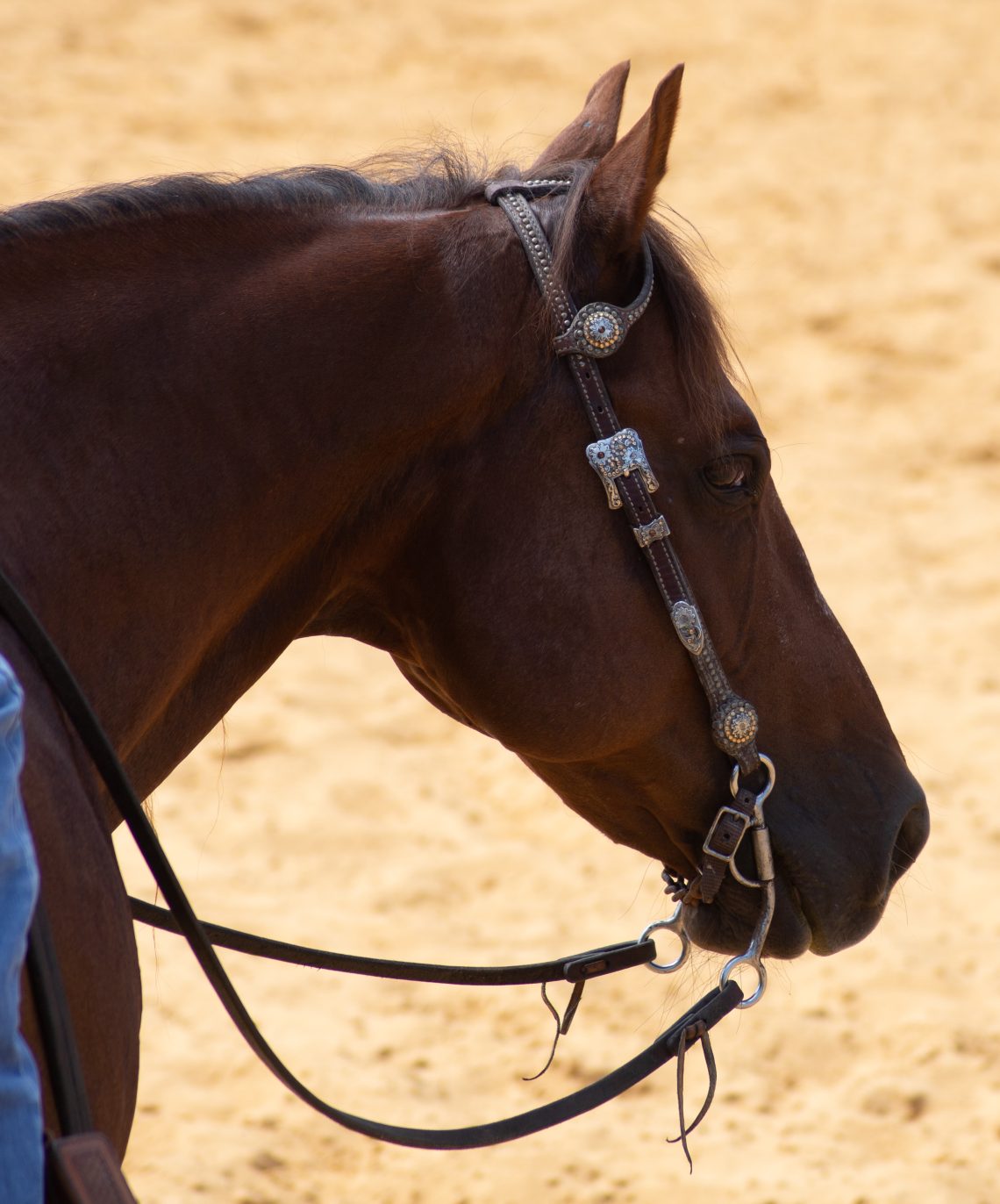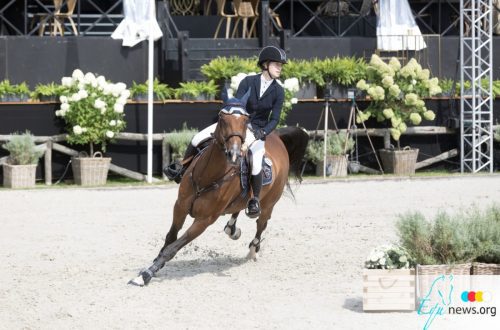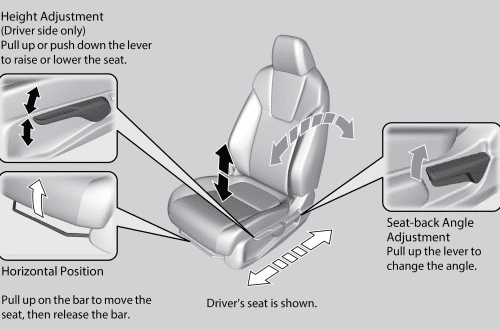
How smart is your horse?
Photo: VK community
Source: horsemagazine.com
This article is a translation
Andrew McLean played a leading role in the education of horse owners around the world, in particular, he tried to convey how horses think. This article appeared in 1995, but is still relevant today.
All animals eventually developed certain behavioral mechanisms that ensure their survival in a particular environment. Humans, for example, have hands with opposable thumbs, the ability to walk on two legs, and a brain that is far ahead of the brains of other animals, capable of understanding and reasoning. Comprehension is the highest form of learning and can be defined as the ability to spontaneously connect unrelated information stored in memory to produce a result or solve a problem.
The development of understanding allows us to anticipate, invent and come up with ways to change the environment. For humans, this has always been the key to survival. After all, people have never been good hunters – relatively slow, without fangs, claws, and in order to survive, a person had to think, this is what became a success for our species.
Humans are unique in their reasoning abilities, and the first mistake we can make when judging a horse’s intelligence is to think that they are not particularly intelligent people trapped in a four-legged body. Well, nothing could be further from the truth…
Horses are amazing creatures, perfectly adapted for survival, because by nature they are victims. They don’t have insight or anything remotely like it. Their brain works differently, and the main task is how not to be eaten and avoid it by running away.
That is why horses are so well adapted for running from birth. But you need to understand that a swift flight does not require special mental processes. In this case, instincts work – any unfamiliar sound, object or smell means one thing – to run. In addition, herbivorous horses, unlike predators, do not need to think about how to get food.
This contrasts sharply with the mindset of predators, who need strategy and understanding, close communication within the pack to be successful in hunting. Horses are herds for safety reasons.
This explains why dogs, bears, seals, whales (including dolphins), and primates are much more effectively trained with food rewards (positive reinforcement) than with the negative reinforcement with which we most often train horses (rewarding mainly by reducing pressure).
Horses also tend to form repetitive patterns of behavior. The more often a horse repeats an action, the stronger neural connections are formed in the brain. The habit enters the brain and becomes more resistant to change. It is the formation of habits and quick reactions that help horses survive.
Imagine that you are a horse and you are attacked by a predator, if you spend even half a second thinking about whether to run or not, it could cost you your life. That is why your brain has lightning-fast reactions.
Training leads to the acquisition and formation of new habits in horses that people need. When training a horse, an interesting fact must be taken into account: they are not able to connect events between which there is at least some interval of time. What it means is that if you punish a horse an hour after exhibiting the unwanted behavior, besides being unethical, such training is ineffective and usually leads to confusion.
Also, do not punish the horse when the source of the “bad behavior” is not in his field of vision. The “he knows what he did wrong” comments are fundamentally wrong…
When we say that one horse is “smarter” than another, what do we really mean and what is intelligence? It is at this point that one realizes how nebulous the question of intelligence is when it comes to horses. When people’s intelligence is measured, they’re basically testing their ability to reason.
Unlike us, horses do not have these abilities. The level of intelligence in horses comes down to the speed of association of events. So what we call intelligence is actually learning. The question then arises: what is the ability to train and what are the characteristics of the trained horse?
Horses vary in their learning ability. What makes one horse more trainable than another has to do with how sensitive (reactive) it is and how responsive it is to stimuli (calmness). An anxious, reactive horse will be less trainable than a calm, non-reactive horse. The ideal combination is a reactive horse that responds adequately to external stimuli.
Thanks to breeding, people managed to breed horses that are highly trainable and are able to partially suppress the instinct to escape. Such horses are called half-breeds. They appeared as a result of a rush of blood from draft breeds, which are distinguished by calmness and a low degree of reactivity to thoroughbred racehorses, which, on the contrary, are highly excitable.
Also, the level of intelligence is determined by the ability to play games. So, when choosing future service dogs, preference is given to the most playful puppies. It’s the same with horses – foals are easier to train, which are naturally more playful.
Thus, as much as people would like to believe that their horse is the smartest, in fact the intelligence of a horse is a combination of instincts plus innate learning characteristics.
Take, for example, the well-known story of a horse that learned to open a stall. This is not such a rare phenomenon, based on innate curiosity. This is also a kind of survival strategy, because in this way the instinct encourages the horse to forage in his environment.
Such curiosity is more characteristic of hardy breeds, such as ponies, whose ancestors had to get food in cold climates. And it was curiosity that pushed them to look for moss and grass even in hard-to-reach places where the average horse would never go.
At home, such horses, as a rule, tug at everything they can reach with their lips, including the latches of the stall, and when, by pure chance, the stall is opened, they remember this, because this means freedom for them.
Freedom (from work, from a stall, etc.) is perhaps the most powerful reinforcing factor.
And when a horse does something like that: opens the door of the stall, avoids training, etc., we misinterpret it, drawing parallels with human behavior and saying that the horse is smart.
“Humanization” of animals is common to many. We all watch cartoons in childhood, where animals are characterized by many human traits, and this belief remains with us throughout life.
In the last century, a scientist set out to prove his theory that animals are capable of consciously thinking about solutions to problems in much the same way as humans. So, Wilhelm von Osten decided to teach the horse basic arithmetic, as if it were an ordinary child, rewarding him with carrot slices for correct answers.
Unfortunately, nothing happened with the first “student”, but he was lucky with the second! They became Clever Hans, who enthusiastically knocked out the correct answers with his hoof. When Von Osten faced criticism, he remained steadfast in his belief that Hans was a thinking horse. He decided to conduct a scientific study and turned to Emperor Wilhelm II, who ordered an investigation.
The Berlin Psychological Institute commissioned 13 investigators, including a zoologist, a veterinarian, a circus trainer and a politician, to follow the horse, but they could not find the slightest sign of fraud. Then they were ordered to conduct a more thorough investigation. And as a result, it was found that the horse cannot give the correct answer if the asker does not know it. That is, when Austen did not know what number was on the card shown to the horse, Hans made mistake after mistake.
Further experiments showed that Clever Hans responded to almost imperceptible visual cues from his trainer. In anticipation of the correct answer, von Osten changed his posture, and this was the signal for the horse to stop thumping. Even a slight raise of the handler’s eyebrows was enough of a signal to the horse.
Although Hans lost his reputation as a “thinker”, he was nevertheless amazingly trainable, and proved how receptive a horse can be to the posture and facial expression of a person.
One can only wonder to what extent our horses can “read” us. We like to call it the “sixth” sense. Many are disappointed when they realize that horses are not as smart as we would like. But there are other qualities of horses that challenge even our abilities.
When it comes to visual memory, horses are second to none. Not only can a horse almost always find its way home, but its ability to analyze what it sees is amazing, especially when it comes to detecting small changes in the landscape. The bucket, which was not there yesterday, becomes a very suspicious object. While you probably didn’t even notice it.
From all this, the following conclusion should be drawn: a horse is mentally different from a person and this should be taken into account during his training. It is the denial of this difference that results in the appearance of “conflict” and “unteachable” horses. You must understand that your task is to develop the habits you want in your horse, and not to shift the responsibility for his behavior to the horse, giving him more mental abilities than he has. If you correctly assess the horse’s abilities and choose the right method of training, then above all, you will be able to earn the trust of the horse and achieve a healthy and harmonious relationship.





